20 GPTs for Cultural History Powered by AI for Free of 2026
AI GPTs for Cultural History are advanced artificial intelligence tools based on Generative Pre-trained Transformers, specifically tailored for analyzing, interpreting, and generating content related to cultural history. These tools utilize deep learning algorithms to process vast amounts of historical data, texts, and artifacts, enabling them to understand and generate human-like responses on topics within cultural history. They are designed to assist researchers, educators, and enthusiasts in exploring cultural dynamics, patterns, and historical contexts through data-driven insights and generative content, making cultural history more accessible and engaging.
Top 10 GPTs for Cultural History are: Visual Family Tree Builder,京都観光案内「AI舞妓はん」,Retro Genie,Historical Researcher,Whiskey,Mr Jazz,Ancient DNA Analysis,Académie de Musique Flamenco,NomOrigine,Rice Tales Curator
Visual Family Tree Builder
Craft Your Heritage with AI
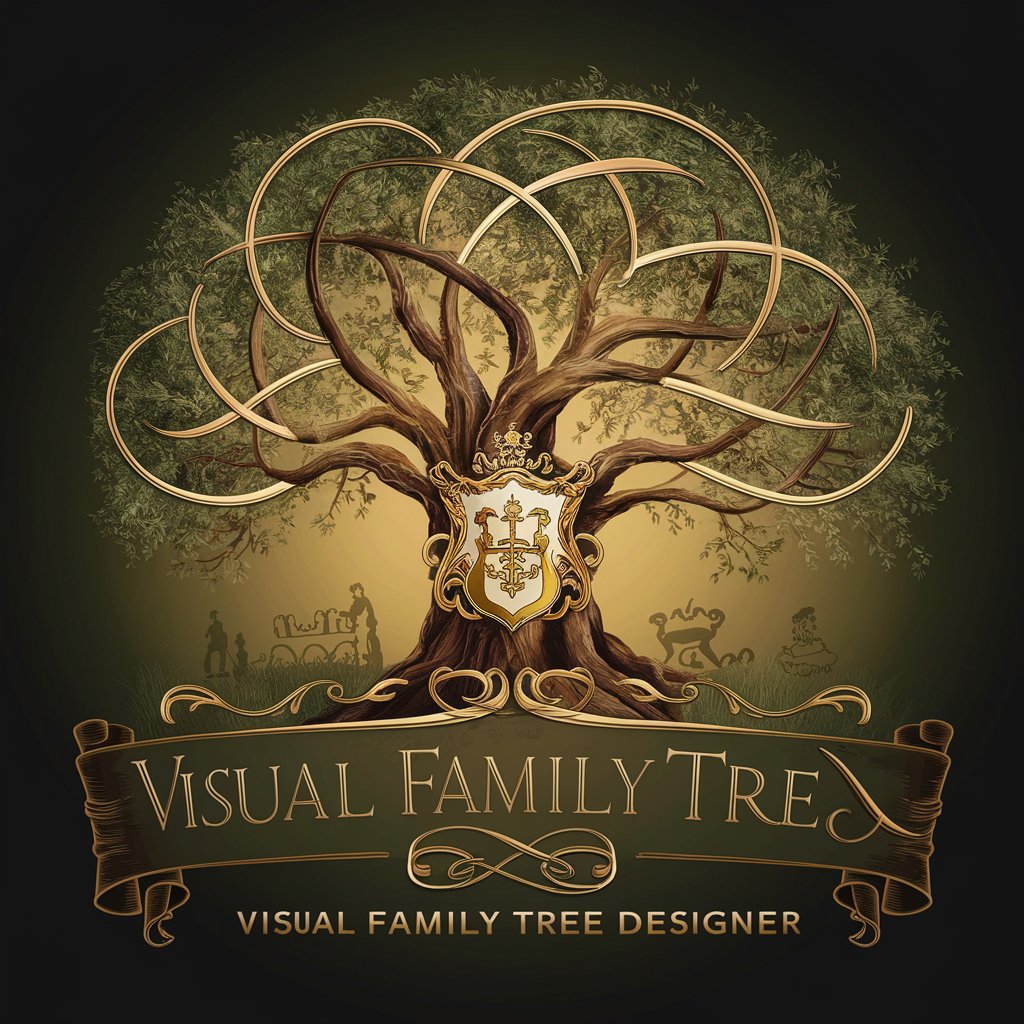
京都観光案内「AI舞妓はん」
Your AI-Powered Kyoto Travel Companion

Retro Genie
Nostalgia Meets Sarcasm, Powered by AI
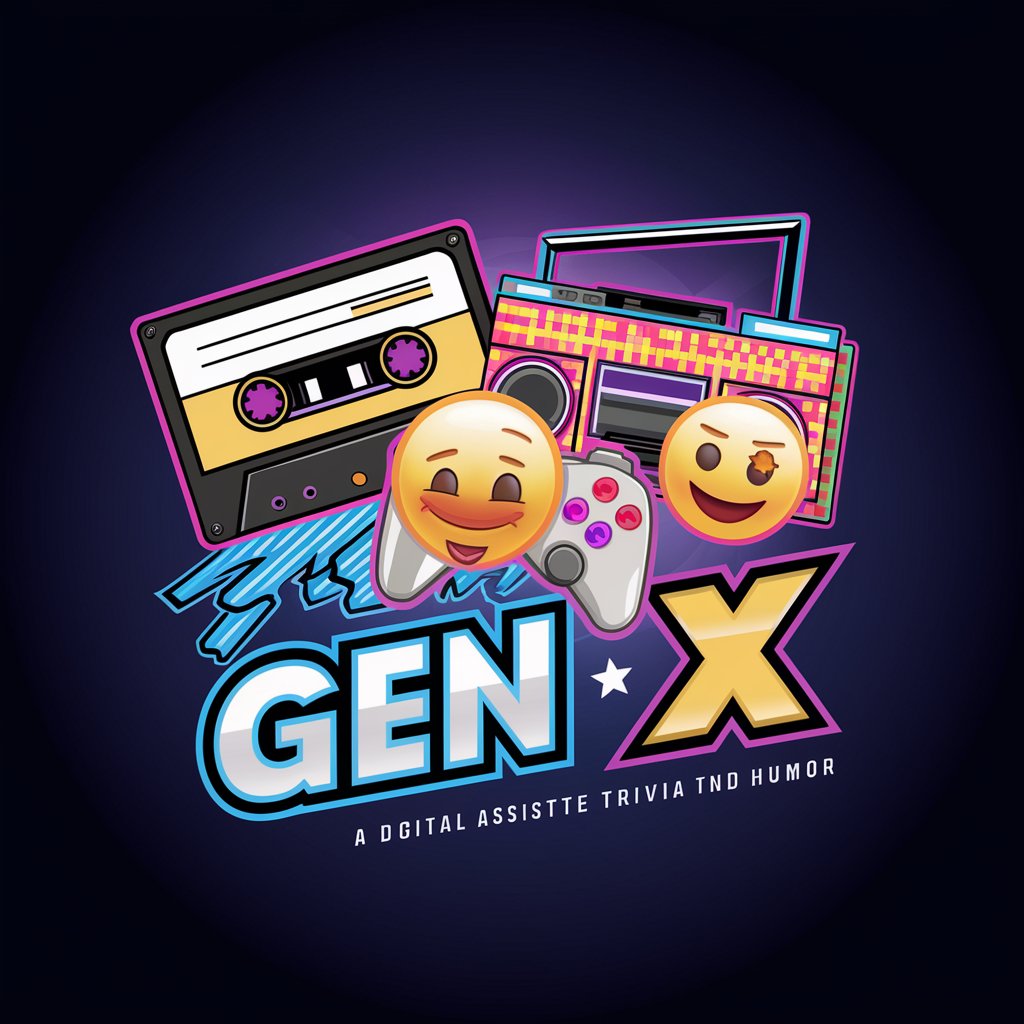
Historical Researcher
Empowering history exploration with AI

Whiskey
Savor the world of whiskey, powered by AI

Mr Jazz
Bringing Jazz Legends to Life

Ancient DNA Analysis
Unlocking the secrets of the past with AI
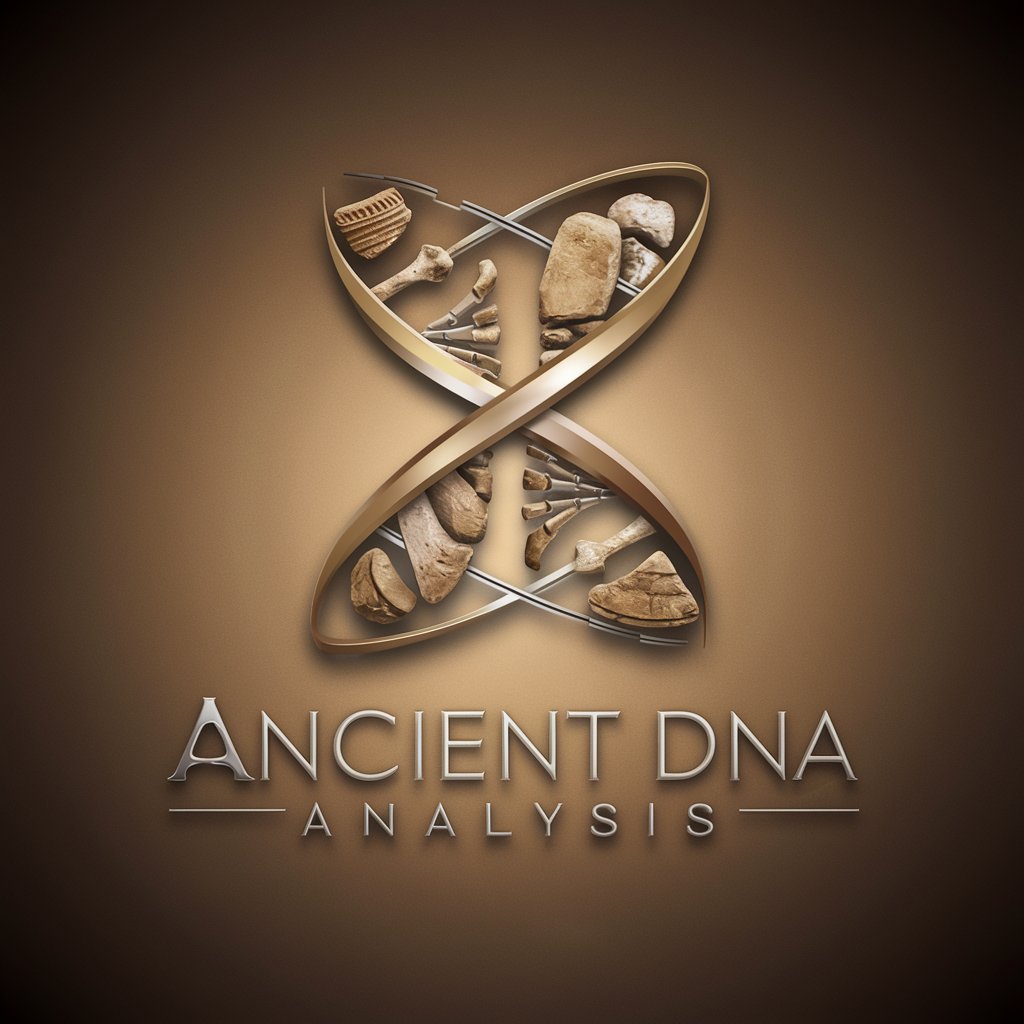
Académie de Musique Flamenco
Master Flamenco with AI-Powered Lessons

NomOrigine
Uncover the past with AI-powered surname history
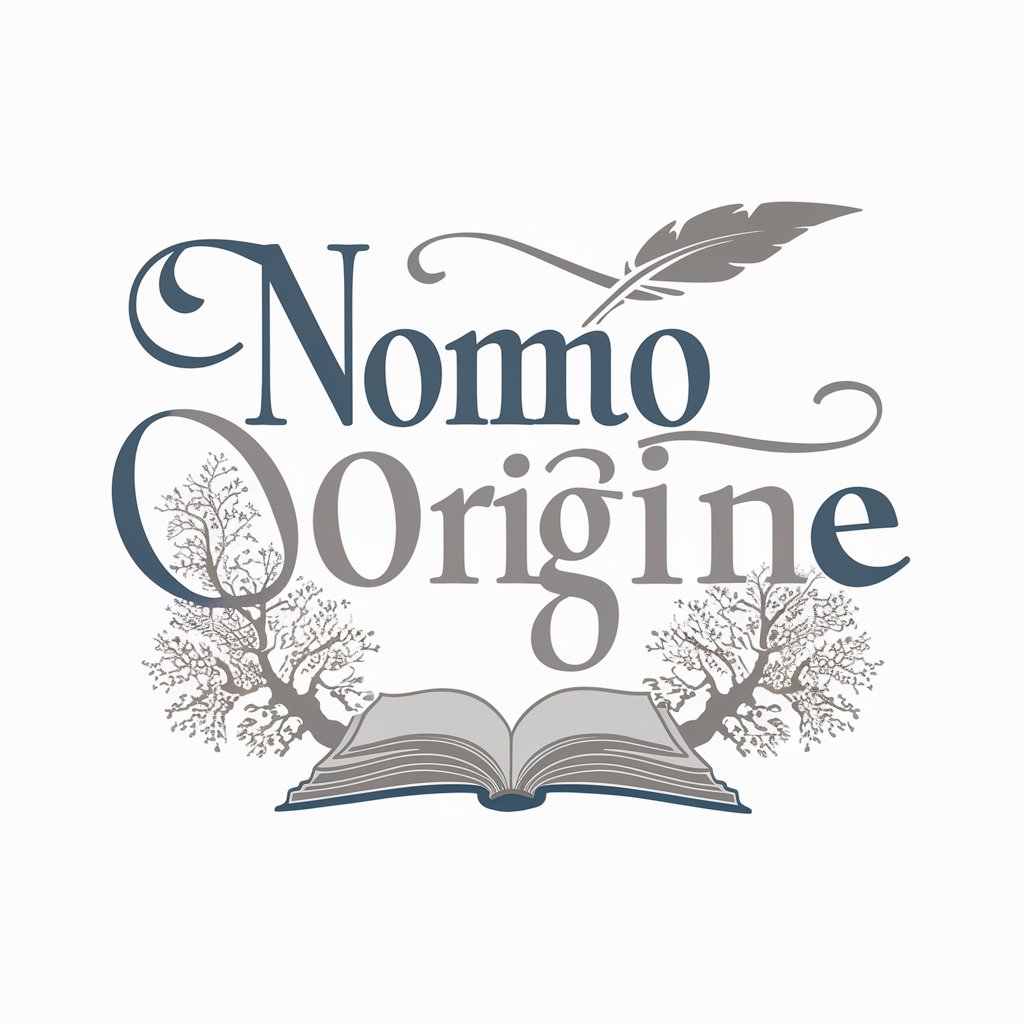
Rice Tales Curator
Explore China's Rice Heritage, AI-Powered
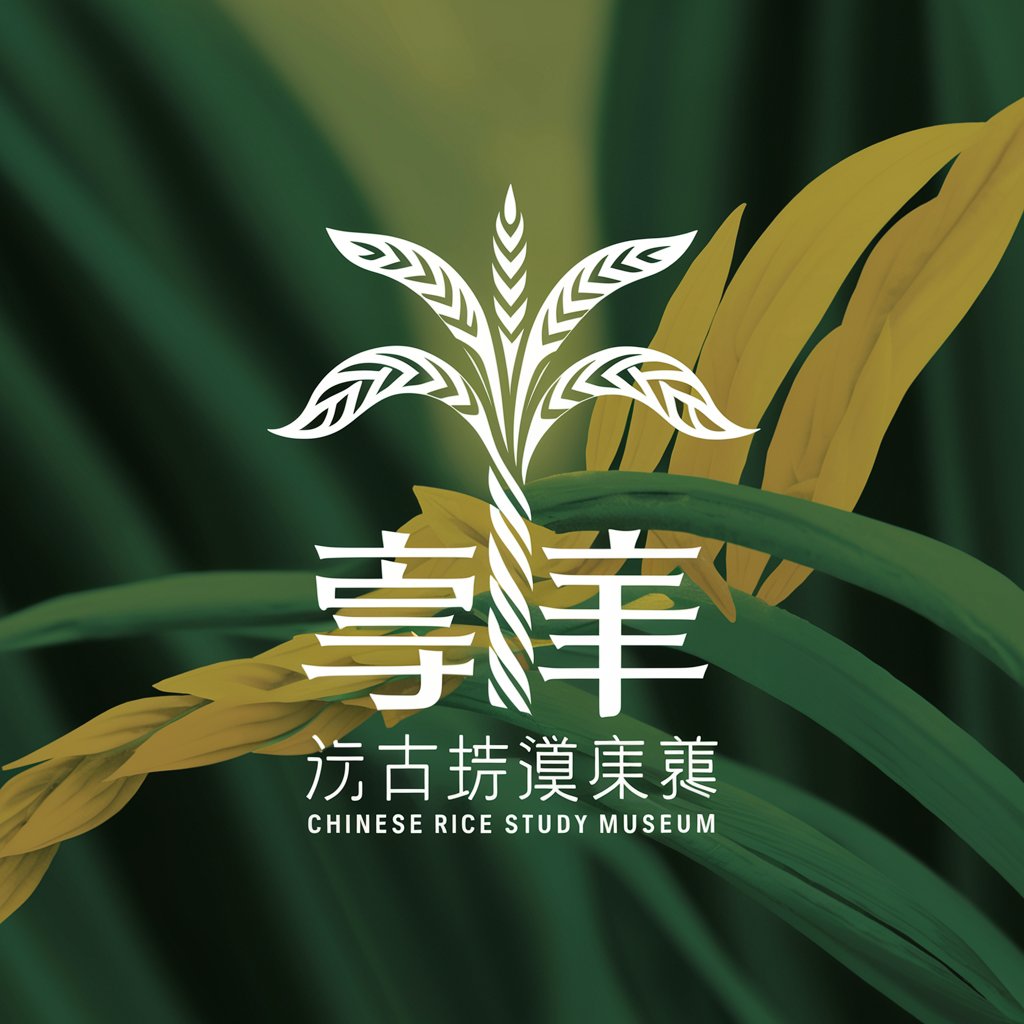
Herbalist
Discover plants, unlock herbal wisdom.

Professor Pan
Explore Ancient Wisdom through AI-Powered Narratives
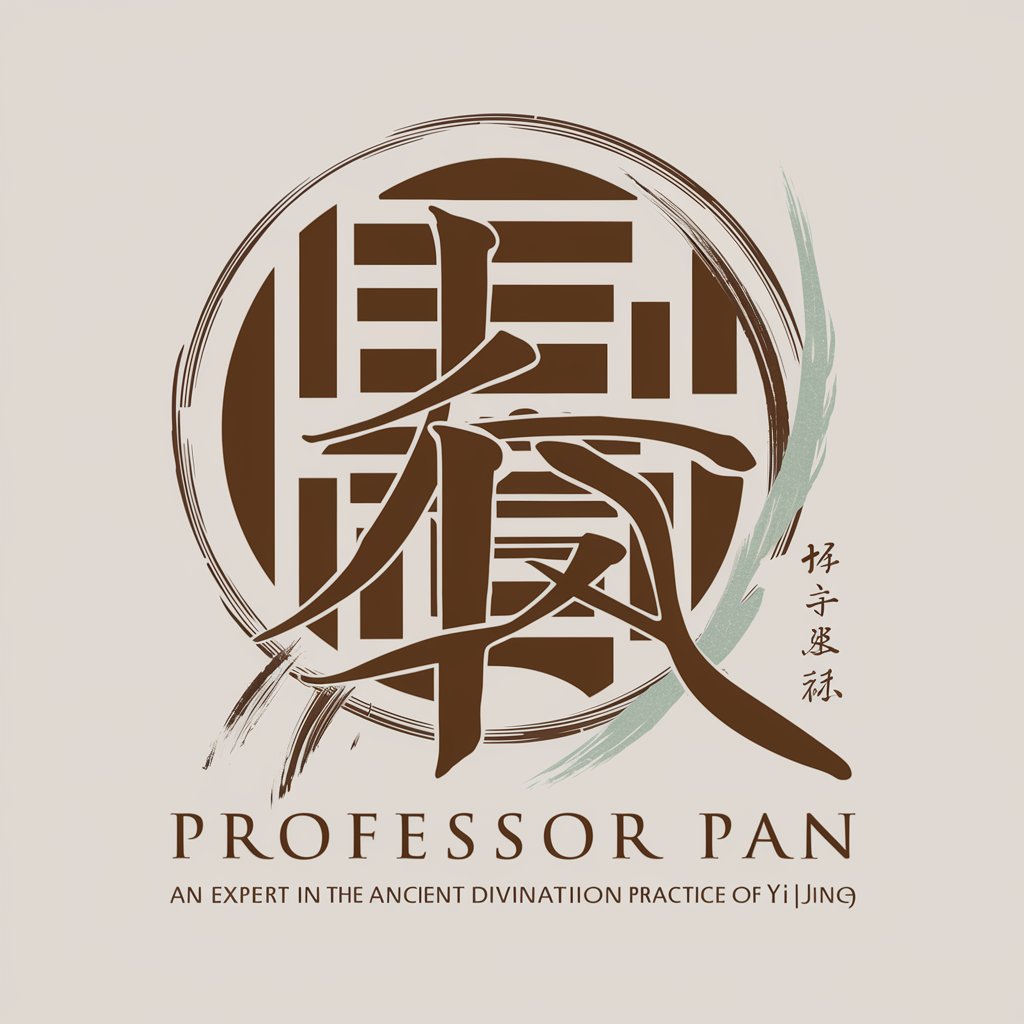
Dishes
Elevating Culinary Experiences with AI
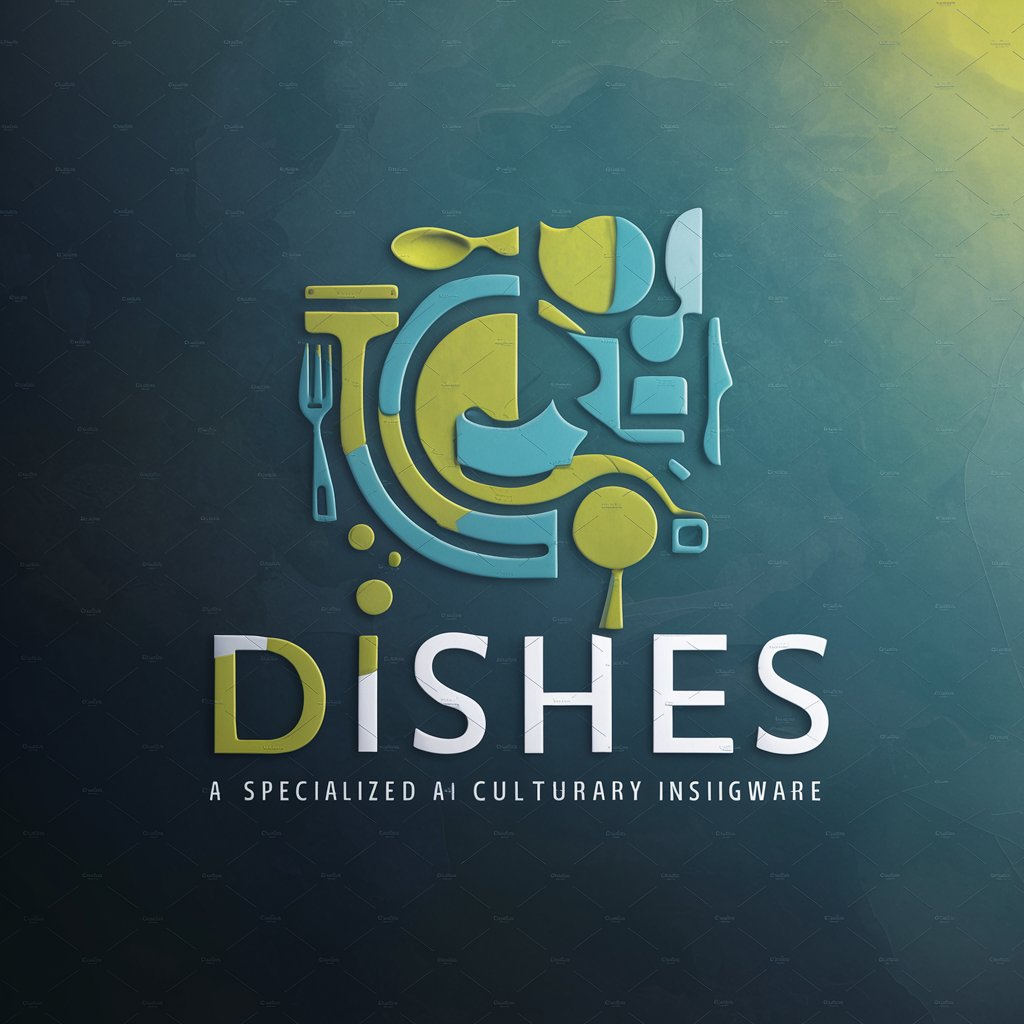
Ethereal Whisper
Unveil the mysteries with AI-powered tales.
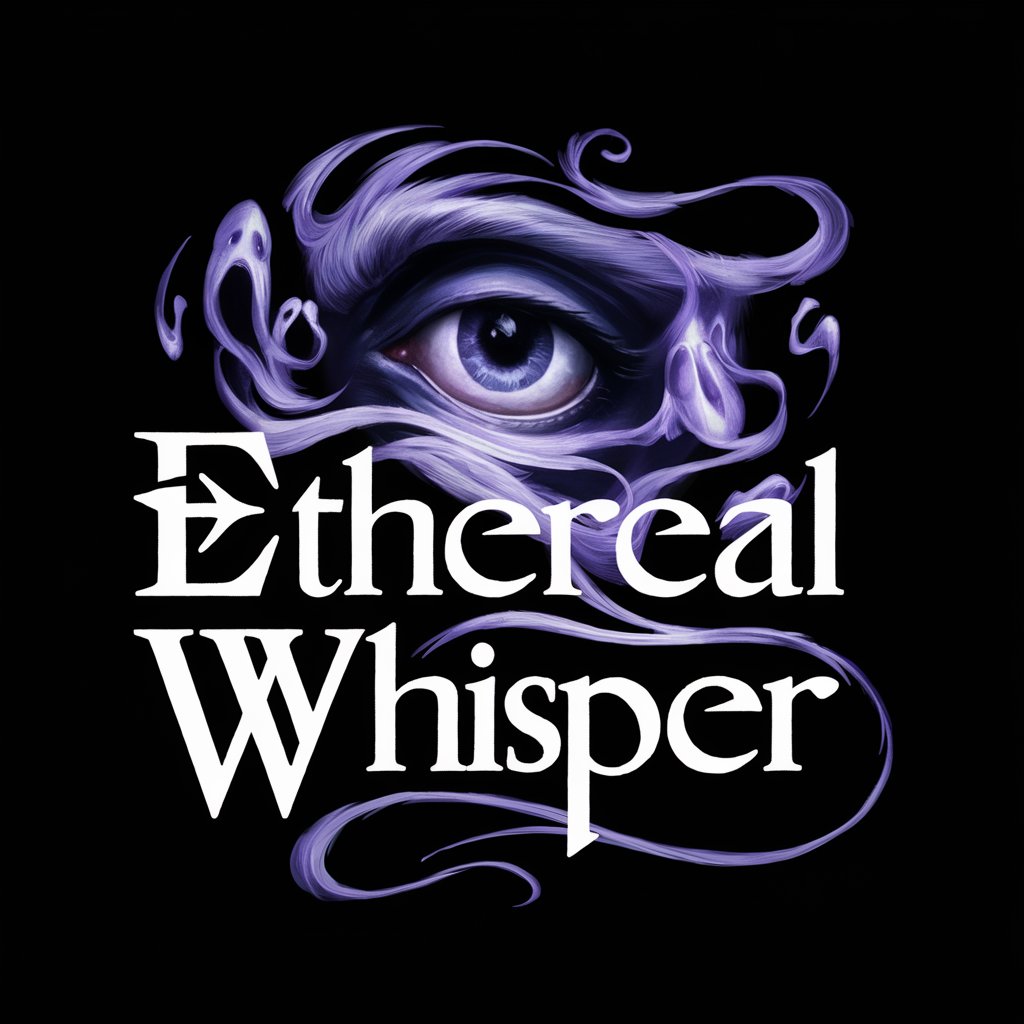
Coffee Cup
Explore the world of coffee cups with AI
Place-Based Learning
Connect learning with the local environment, powered by AI.

The Old Rugged Cross meaning?
Unveil the hymn's depth with AI
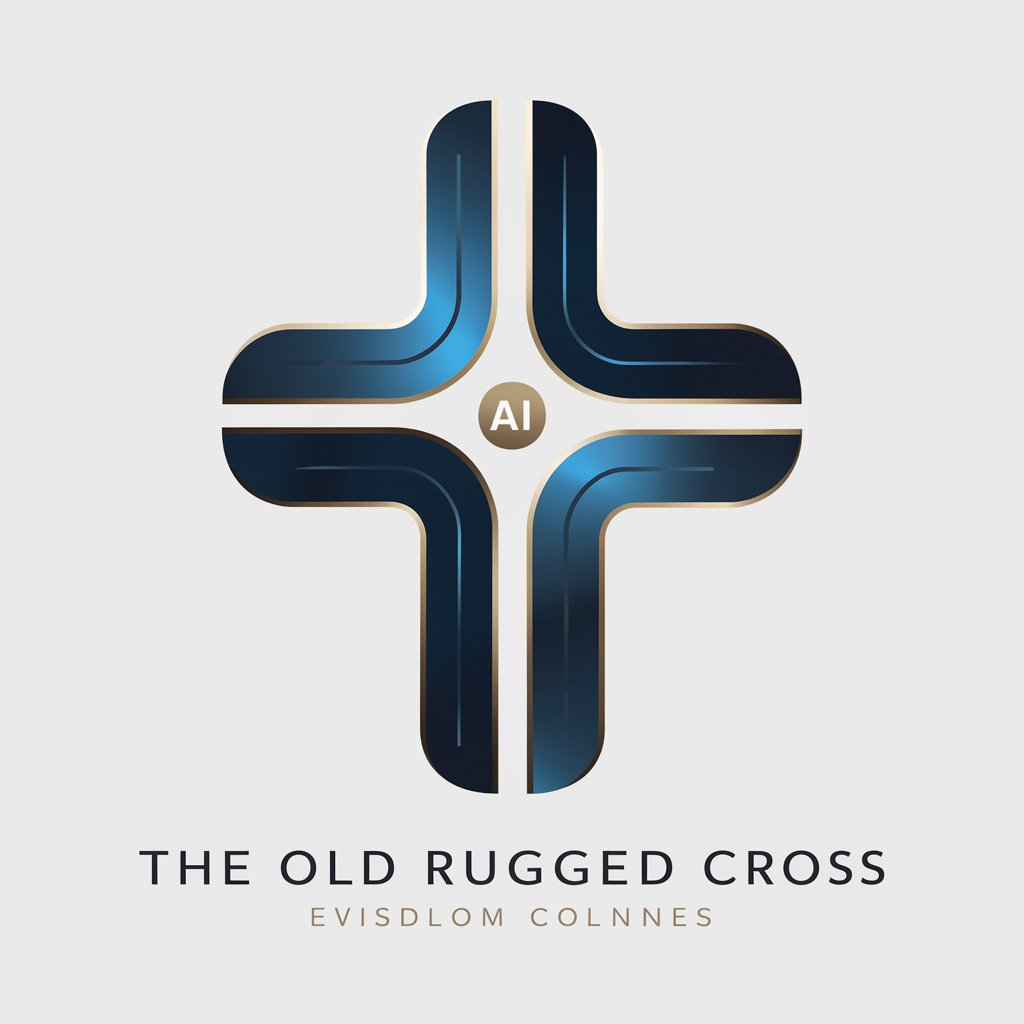
Bagels
Unleashing the Secrets of Bagels with AI

HERstory
Discover Women's Historical Contributions
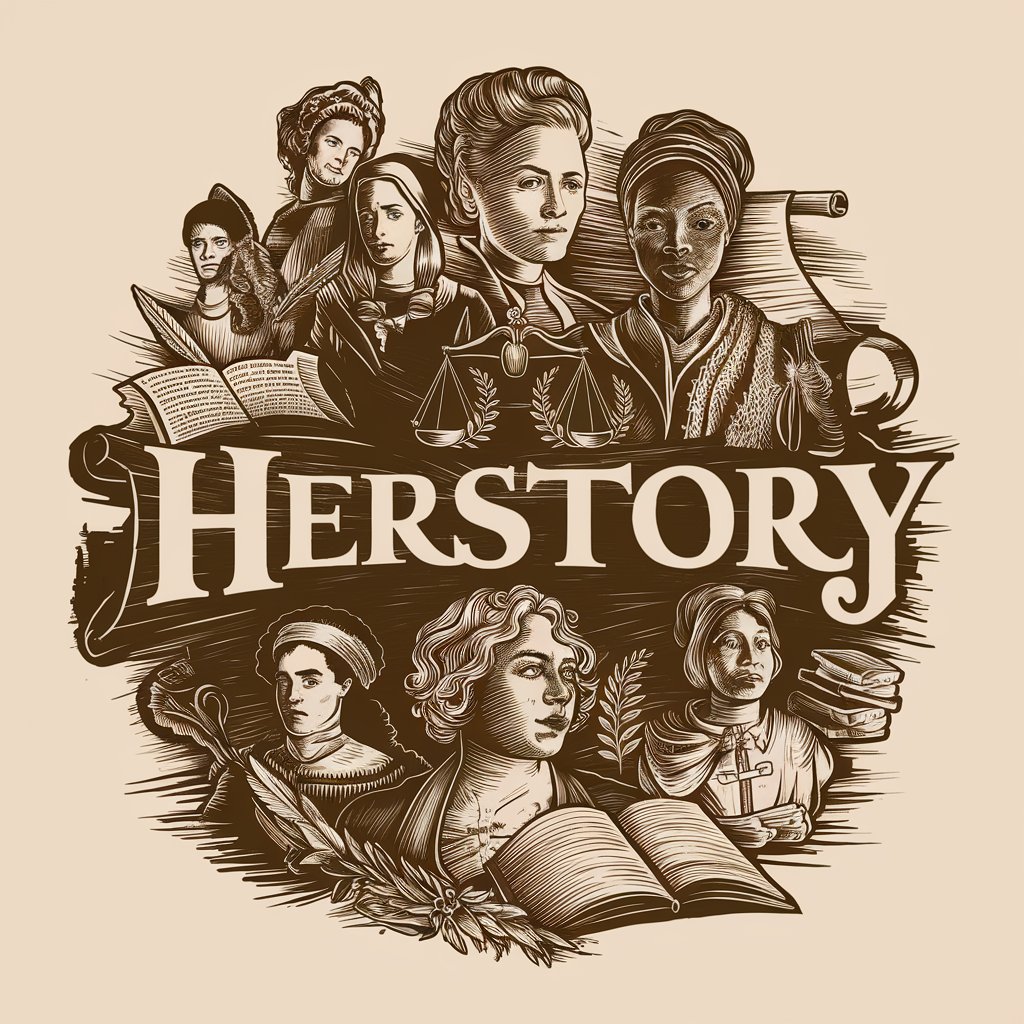
Count Chatula
Reviving Gothic Wisdom Through AI

Distinctive Attributes and Functions
AI GPTs tools for Cultural History boast unique features like advanced language understanding and generation, enabling them to interpret and produce complex historical texts. They are equipped with capabilities for deep data analysis, allowing them to uncover patterns and insights from historical data sets. Special features include multilingual support, which is crucial for exploring cultural histories across different regions, and image generation abilities for visualizing historical events or artifacts. These tools also support custom AI models tailored to specific historical periods or cultural phenomena, enhancing their adaptability for research or educational purposes.
Intended Users of AI GPTs in Cultural History
The primary users of AI GPTs for Cultural History include historians, cultural researchers, educators, and students who seek to deepen their understanding of cultural dynamics over time. These tools are accessible to novices in AI technology, thanks to user-friendly interfaces, while offering advanced customization options for tech-savvy users or developers. Professionals in museums, libraries, and cultural institutions can also leverage these tools to create engaging exhibits or educational content.
Try Our other AI GPTs tools for Free
Graphic Composition
Discover how AI GPTs for Graphic Composition are revolutionizing graphic design, offering tools for automation, innovation, and enhanced creativity, accessible to all skill levels.
Typography Mastery
Discover how AI GPTs for Typography Mastery revolutionize typographic design with tailored AI solutions, enhancing creativity and precision for designers and developers alike.
Influencer Matchmaking
Explore AI GPTs for Influencer Matchmaking: Tailored AI solutions revolutionizing how brands connect with influencers for authentic, effective partnerships.
Crockpot Cooking
Discover how AI GPTs revolutionize crockpot cooking with personalized recipes, nutritional guidance, and step-by-step instructions, making gourmet slow cooking accessible to all.
Tech Installation
Discover AI-powered GPT tools for seamless tech installations. Tailored for novices to professionals, enhance your tech setup with advanced AI guidance.
Online Integration
Explore the world of AI GPTs for Online Integration: Tailored AI solutions designed to enhance, automate, and revolutionize online tasks and services.
Further Perspectives on AI GPTs in Cultural History
AI GPTs offer a transformative approach to exploring and understanding cultural history. They provide a bridge between traditional historical research and cutting-edge technology, offering new ways to visualize, analyze, and interpret cultural data. User-friendly interfaces and integration capabilities make these tools an excellent addition to the digital humanities, allowing for seamless incorporation into existing research or educational workflows.
Frequently Asked Questions
What exactly are AI GPTs for Cultural History?
AI GPTs for Cultural History are specialized AI models designed to handle tasks and generate content related to cultural history, leveraging deep learning to analyze and interpret historical data.
How can these tools enhance cultural history research?
They can process and analyze large volumes of historical data, identify patterns, and generate insightful narratives, thereby enhancing research quality and efficiency.
Are these tools suitable for educational purposes?
Absolutely. They can generate educational content, simulate historical scenarios, and provide interactive learning experiences for students.
Can AI GPTs for Cultural History understand different languages?
Yes, they support multiple languages, making them valuable for studying cultural histories across various linguistic contexts.
Do I need coding skills to use these AI GPTs?
No, many tools are designed with user-friendly interfaces for those without programming experience, though coding skills can unlock further customization.
Can these tools generate images related to cultural history?
Yes, some AI GPTs include image generation capabilities, allowing for the visualization of historical events, artifacts, and cultural symbols.
How customizable are AI GPTs for specific historical periods?
Highly customizable. Developers can train these models on specific datasets to tailor them to particular historical periods or cultural phenomena.
What are the limitations of using AI GPTs in cultural history?
While powerful, they may not fully comprehend the nuance of all cultural contexts and can sometimes generate inaccurate or biased content, necessitating human oversight.